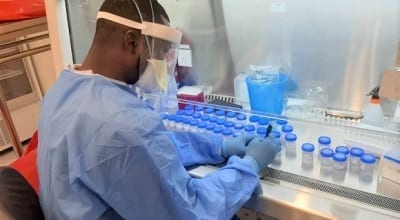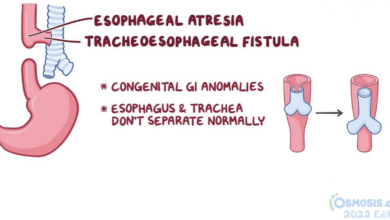Stakeholders collaborate to eliminate critical diseases in Ghana

For over a century, the elimination and eradication of human disease have long been the focus of global public health efforts, though the only human infectious disease that has been successfully eradicated globally is the smallpox.
Now, the World Health Organization has set a target to eliminate the epidemics of AIDS, tuberculosis, malaria and other communicable diseases by 2030.
In Ghana, this fight against disease is especially critical, as malaria remains the leading cause of illness with an estimated 5.7 million cases and over 15,000 related deaths in the year 2020 particularly among children under 5 and pregnant women by the World Malaria Report, 2021.
However, according to the National Malaria Control Programme, the country has seen a 50% reduction in malaria mortality rate between 2000 and 2020 and has set a goal to achieve zero malaria deaths by 2030.
To further advance knowledge and action towards disease elimination and eradication, the Global Institute for Disease Elimination (GLIDE) in collaboration with the Noguchi Memorial Institute for Medical Research, The Carter Center, and the University of Global Health Equity (UGHE) to host a one-week course on the Disease Elimination and Eradication Course (DEEC) for global health professionals in Ghana.
The Head of the Epidemiology Department at the Noguchi Memorial Institute for medical Research, Professor Collins Ahorlu, underscored the focus of the course.
“The focus is to help program managers and senior level workers within disease control and elimination programmes to begin thinking broadly about how to eliminate diseases in terms of using tools like system thinking to appreciate this and begin to do more integrated work and collaborate with other disease programs to be able to build a health system that will respond to the elimination agenda rather than focus on a particular disease,” he explained.
The technical director for GLIDE, Dr Ngozie Erondu highlighted the real situation on the ground.
“We often don’t learn about disease elimination and eradication in school or even on the job, we learn about how to control diseases. But, to eliminate disease is a very ambitious feat and so you need to be more creative and have different tools including funding, working with communities and just different approaches.”
With continued commitment and innovation, Ghana’s ambitious goals for malaria elimination may soon become a reality, serving as a model for other countries striving to protect the health and wellbeing of their populations.






